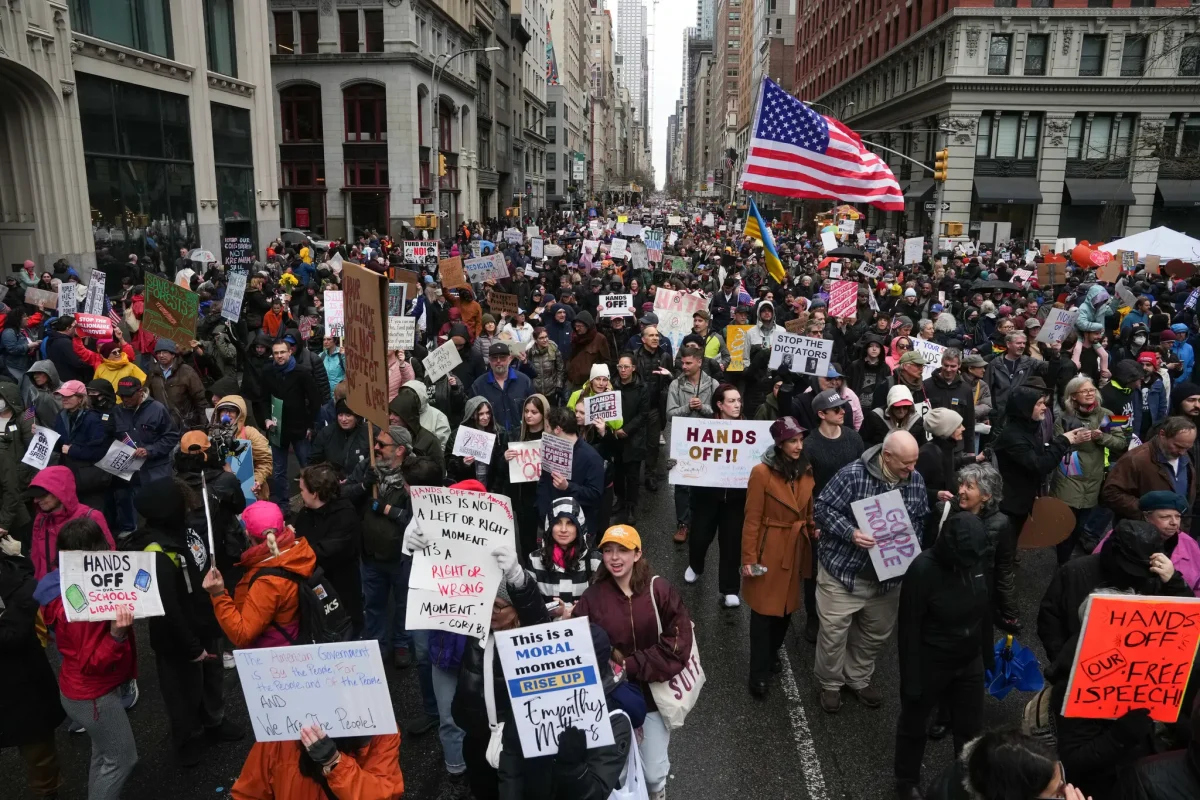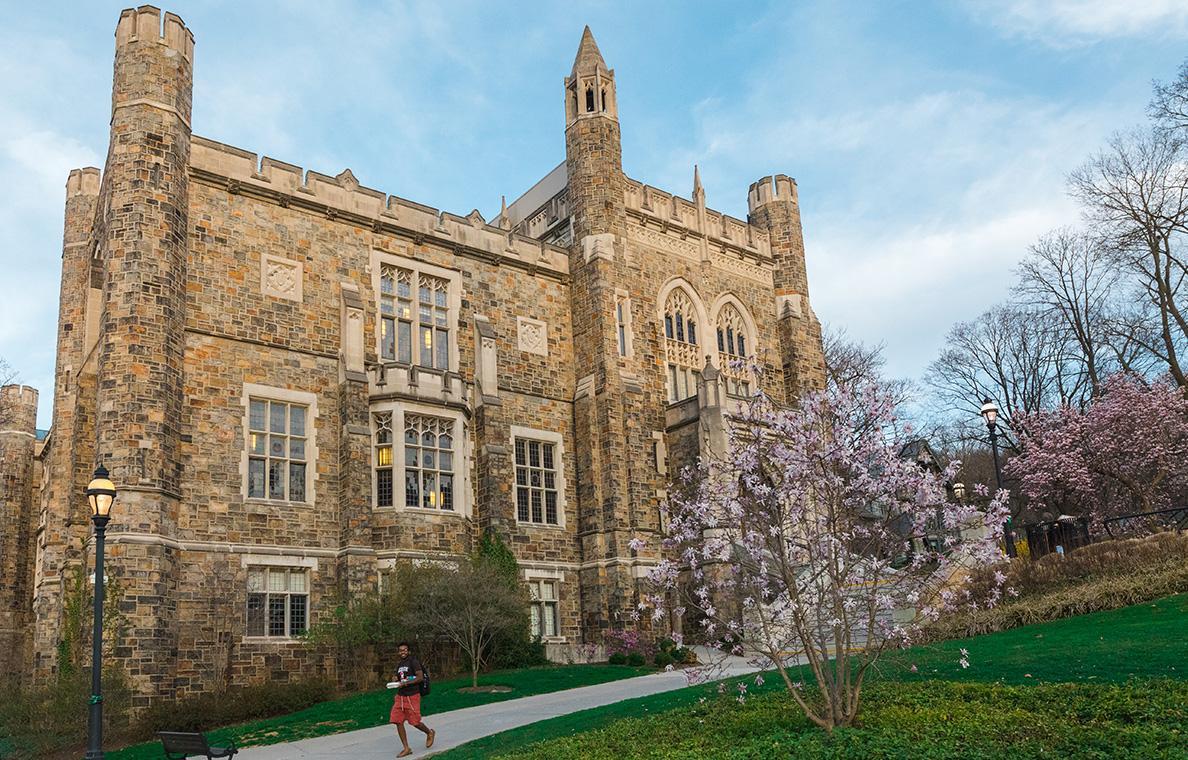Tuesday was Election Day across the east coast, where voters lined up outside their polling booths to cast ballots for mayors, governors, and other executive positions. On the surface, it looked like a normal election day, but inside the voting booths, nuts and bolts were churning to produce early precedents for future candidates.
In New Jersey, a state where Democratic voters outnumber Republican ones by about 700,000, incumbent GOP Chris Christie won the governor’s seat by 22.3 points against Democrat Barbara Buono. The overall victory isn’t startling; Christie’s lead against Buono did not fall below 20 percent since January. What was interesting was that the exit polls showed that since 2009, Christie’s share of the vote improved in all categories.
Among white, black, and Hispanic voters, Christie saw an 11-, 12-, and 18-point increase, respectively; among young voters, ages 18-29, he saw a 13-point increase; among Democrats and those that identify as liberals, Christie saw 25- and 22-point increase. These are all categories where, in recent history, Republicans have had a hard time pulling votes. Does this mean that Republicans are poised to win the White House in 2016?
Maybe. Virginia’s gubernatorial race is an echo of this improvement for Republicans. Democrat Terry McAuliffe won the general election against Republican Ken Cuccinelli II by only 2.5 points, a narrow victory for liberals. This was not so much due to McAuliffe’s popularity as a candidate; rather, it was due to voter disapproval for Cuccinelli and his fundamentalist positions. His anti-abortion and anti-gay marriage stance turned voters over to McAuliffe’s camp. Exit polls show that amongst moderate and conservative voters, Cuccinelli lost 13 and 8 points, respectively.
While these are all good signs for the future of the Republican Party, and possibly bad signs for the Dem’s future, it can’t be forgotten that these are state elections. To win the presidency in 2016, national opinion has to change. Republican voters, especially those voting in primaries, can’t choose candidates who govern based on intensively conservative ideology. Moderate Republicans must also come out and vote in the primaries, so that candidates who are nominated have the ability to win votes from Americans who no longer want to see gridlock in Washington.
New York City’s mayoral race saw a different shift. Bill de Blasio, a Democrat running on a platform of representing voices who seem to be forgotten in a changing city, saw a landslide victory against Republican Joseph J. Lhota, winning with 73.3 percent of the vote. De Blasio starkly contrasts current Mayor Michael Bloomberg, whose policies focused on strict policing policies and caused an income inequality between residents of the city. De Blasio is a savior to the city’s forgotten people.
In local news, Republican and Bangor mayor John Brown upset Democratic Bethlehem mayor John Callahan in the U.S. Representative race for Pennsylvania’s 15th congressional district, winning with 52 percent of the vote. Callahan was expected to win, especially due to the high voter turnout in Bethlehem and the surrounding areas, places where Callahan campaigned intensely. Unfortunately, Callahan didn’t get the support he had hoped. This is probably the end of Callahan’s political career, seeing as he’s reached his term limit as mayor of Bethlehem.






















































































































